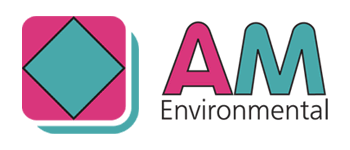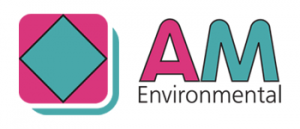Spread the word about the scourge of “flushable” wet wipes and help avoid blockages in your community.
Britain resolves approximately 13,000 blockages a year on our public sewers with thousands more on customers’ own private drains. Research shows that wet wipes are responsible for around two thirds of these blockages – a staggeringly high and frustratingly avoidable statistic.
Often these wipes are branded and marketed as “flushable”, simply because they can physically fit down the U-bend of any loo.
But they don’t break down anywhere near as quick as regular toilet paper, and this can result in a nasty, knotty problem below the ground.
“We frequently hear from customers who have flushed wipes, often in a good faith because they are branded as flushable, but have then suffered a blockage”, said sewerage manager Nick Buller.
“As a result they have had their gardens or even their homes flooded with sewage, which is hugely disruptive and distressing and can sometimes affect neighbouring properties too.”
“Our advice is to only ever flush the three Ps – paper, poo and pee – and to keep wet wipes in the bin.”
Bizarrely wet wipes are not the only unwanted items that have been fished out of our sewers in the last 12 months. Bandages, toys, plastic bags and even pieces of wood have all been recovered by Wessex Water operators.
But one simple lifestyle change – binning rather than flushing those wipes – can massively reduce the odds of a blockage in your neighbourhood.
Remember:
Cooking Fats, oils and greases can also cause blockages if poured down the sink. Let them cool before scraping the solid fat into your food waste bin for recycling, or pour them into a non-recyclable container and put them with the household waste.
Article taken from Wessex Water Magazine

